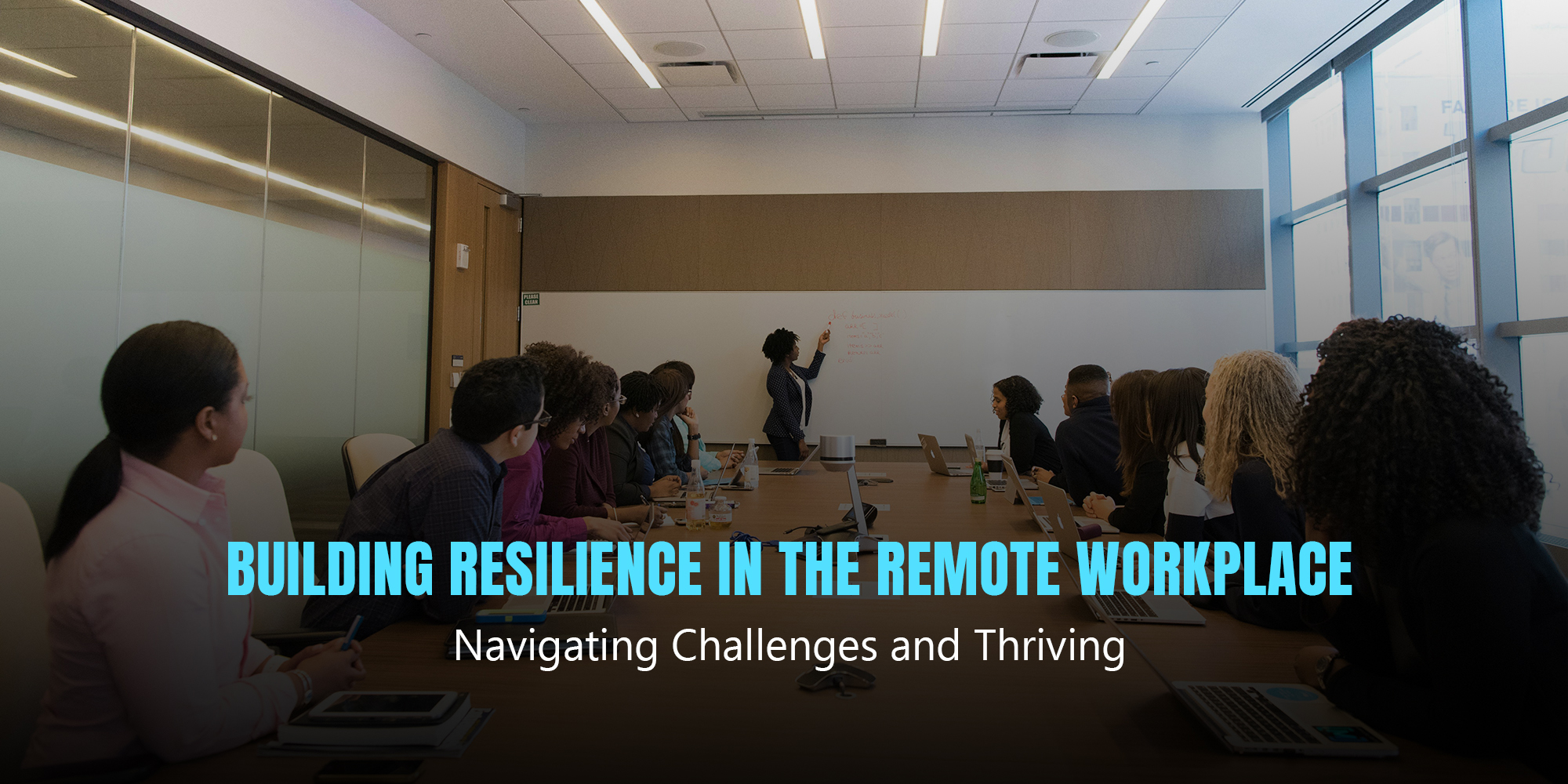
Introduction
Imagine yourself leading a team through a complex project. Deadlines loom, pressure mounts, and your inbox overflows with urgent emails. Sound familiar? This is the reality for many leaders today. We’re constantly bombarded with demands, expected to be “on” 24/7, and often feel the weight of responsibility on our shoulders.
But here’s the secret weapon many leaders overlook: Self-Care. It might not sound glamorous, but self-care is the foundation of Leadership resilience. Just like a superhero needs to recharge their powers, leaders need to prioritize their well-being to be effective and inspiring.
Why Self-Care Matters for Leaders
Think of yourself as a battery. When you’re well-rested, energized, and focused, your battery is fully charged. You can make sound decisions, handle stress effectively, and motivate your team. However, if you’re constantly running on fumes, neglecting sleep, and pushing yourself to the limit, your battery inevitably drains. This can lead to burnout, decreased productivity, and a negative impact on your team.
Self-care isn’t about being selfish; it’s about being strategic. By investing in your well-being, you’re investing in your leadership potential.
Here’s how self-care builds resilience:
- Reduces Stress: Leaders face a lot of pressure. Self-care practices like meditation, exercise, and spending time in nature can help you manage stress levels, promoting a calmer and more collected approach to challenges.
- Boosts Emotional Intelligence: Self-care fosters self-awareness, a crucial component of emotional intelligence. By understanding your own needs and triggers, you can better manage your emotions and build stronger relationships with your team.
- Enhances Decision-Making: When you’re well-rested and clear-headed, you make better decisions. Self-care allows you to approach problems with a sharper focus and avoid decision fatigue caused by constant pressure.
- Promotes Creativity: Innovation thrives in a healthy and balanced space. Taking breaks, engaging in hobbies, and disconnecting from work allow your mind to wander and foster a more creative mindset.
- Sets an Example: Leaders who prioritize self-care send a powerful message to their team. It demonstrates the importance of setting boundaries, taking breaks, and prioritizing well-being. This can create a more positive and supportive work environment overall.
Building Your Self-Care Routine
So, how do you actually implement self-care?
Here are some practical tips:
- Start Small: Don’t try to overturn your life overnight. Begin with small, manageable steps like a daily walk or a dedicated “unplug” time before bed.
- Identify Your Needs: What replenishes your energy? Is it exercise, time with loved ones, or simply reading a good book? Tune into your individual needs and prioritize activities that truly recharge you.
- Set Boundaries: It’s okay to say “no” and disconnect after work hours. Establish clear boundaries between your work and personal life to protect your time and energy.
- Delegate and Empower: Don’t try to do it all. Trust your team members and delegate tasks effectively. This not only lightens your load but also fosters a sense of ownership and growth within your team.
- Seek Support: Don’t be afraid to ask for help. Talk to colleagues, friends, or a therapist if you’re struggling. Building a strong support network is essential for your well-being.
Conclusion
Remember, self-care isn’t a luxury; it’s a necessity for successful leadership. By prioritizing your well-being, you become a more resilient, effective, and inspiring leader who can navigate challenges, foster a positive team environment, and ultimately achieve your goals.









